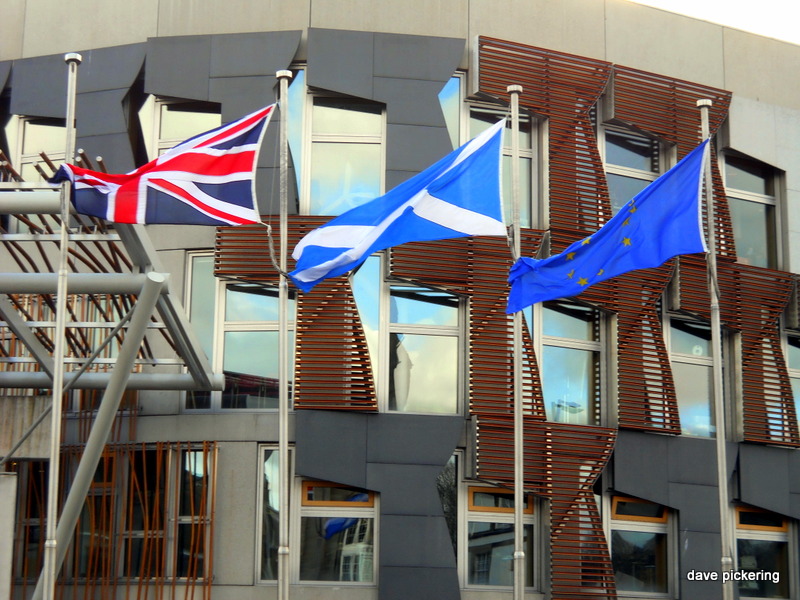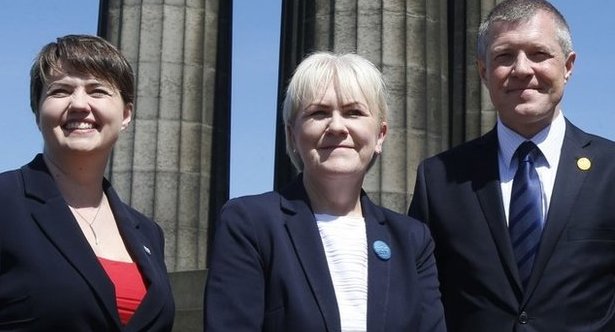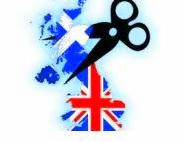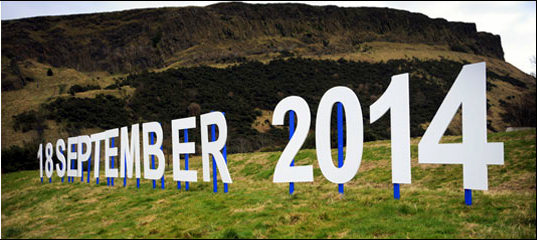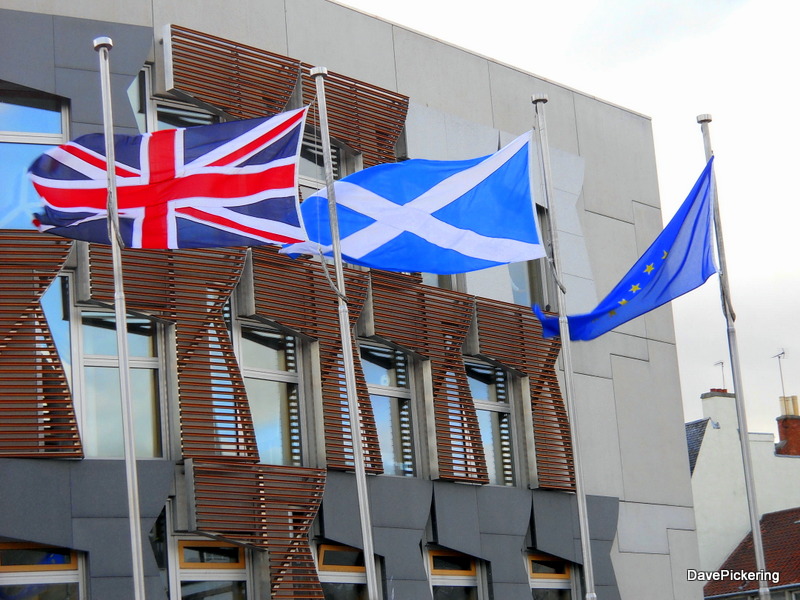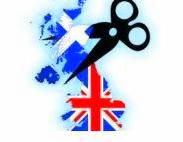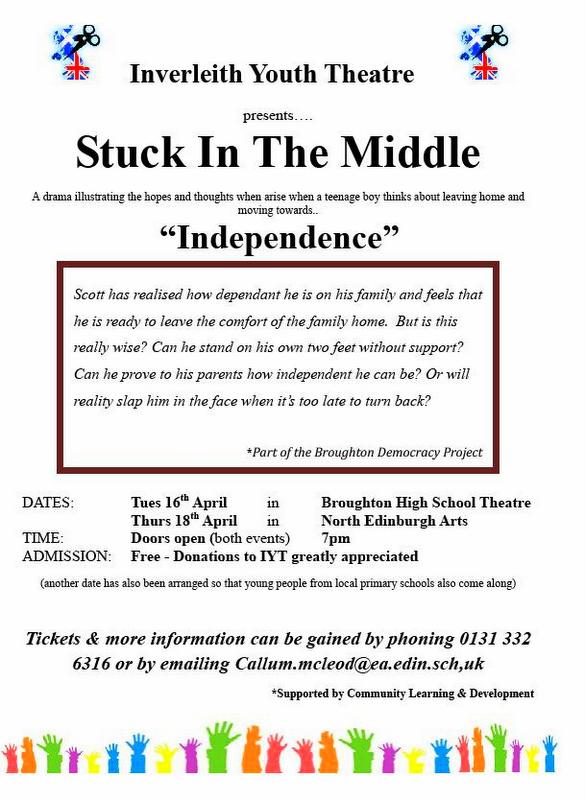The Electoral Commission has published its assessment of the Scottish Government’s proposed independence referendum question and has also given its advice on what campaign spending limits in the run-up to the poll should be.
John McCormick, Electoral Commissioner for Scotland said: “Voters are entitled to a referendum which produces a result they can have confidence in. The recommendations we have made today are an important part of giving voters that confidence. But it is of course for the Scottish Parliament to have the final say.”
The Commission was asked to test the following question by the Scottish Government:
“Do you agree that Scotland should be an independent country? Yes/No”
The Commission’s established question assessment process involved talking to people across Scotland, asking for advice from accessibility and plain language experts, and writing to people and organisations, including the main political parties represented in the Scottish Parliament and campaigners to seek their views.
We found that the language in the proposed question is clear, simple and easy to understand. However, we also concluded that the words ‘Do you agree’ potentially encouraged people to vote ‘yes’ and should be replaced by more neutral wording.
The Electoral Commission recommends the question should be altered to:
“Should Scotland be an independent country? Yes / No”
The research also showed that voters want factual information ahead of the referendum. In the event of a “Yes” vote there would be a range of issues to be resolved within the UK and internationally about the terms of independence.
Although we would not expect the terms of independence to be agreed before the vote, clarity about how the terms of independence will be decided would help voters understand how the competing claims made by campaigners before the referendum will be resolved.
The Commission has therefore recommended that the UK and Scottish Governments should clarify what process will follow the referendum, for either outcome, so that people have that information before they vote. To avoid confusion we have asked the Governments to agree a joint position if possible.
John McCormick, Electoral Commissioner for Scotland said: “We have rigorously tested the proposed question, speaking to a wide range of people across Scotland. Any referendum question must be, and be seen to be, neutral. People told us that they felt the words ‘Do you agree’ could lead voters towards voting ‘yes’.
“People had a clear understanding that ‘independent country’ meant being separate from the UK. But they did want factual information in advance about what will happen after the referendum. We’re asking the UK and Scottish Government to provide that clarity and we’ll then make sure it gets to voters as part of our public awareness campaign.”
The Scottish Government has welcomed the announcement, and confirmed it will accept all of the Electoral Commission recommendations on the referendum question and campaign spending limits.
Deputy First Minister Nicola Sturgeon said she was delighted with the recommended question – ’Should Scotland be an independent country? Yes/No’ – and confirmed that it will be this question that is put before the Scottish Parliament. The Deputy First Minister also said she was satisfied with the recommended spending limits as they provide a level playing field for both sides of the debate.
In line with established practice in referendums throughout the UK, the Scottish Parliament will take the final decision on the wording of the question and campaign spending limits as part of its consideration of the Referendum Bill, which will be introduced in March.
Ms Sturgeon also welcomed the Electoral Commission’s calls for clarity around what a ‘No’ vote will mean for Scotland and its recommendation that the Scottish and UK governments work together to give clarity to the process that will follow a ‘Yes’ vote. She called on the UK government to accept these recommendations.
Ms Sturgeon said: “I would like to thank the Electoral Commission for the work they have done on testing our proposed referendum question and giving advice on campaign spending limits. I am pleased to confirm we will accept their recommendations in full.
“I am particularly delighted with the conclusion the Electoral Commission has reached on the question. While its view is that our proposed question was clear, simple and easy to understand, I am nevertheless happy to accept their recommended change.
“Their advice is based on rigorous testing and we will submit the Electoral Commission’s recommended question – ‘Should Scotland be an independent country?’ – to the Scottish Parliament as part of the Referendum Bill.
“I am also pleased with the spending limits proposed by the Electoral Commission – they deliver a level playing field and will allow a fair and balanced debate on both sides. I am also pleased that the Commission has modified the position set out in their response to our consultation in March, as this would have resulted in an imbalance between the two sides of the campaign.
“We have always said that Scotland’s referendum will be run to the highest international standards of fairness and transparency, and the Electoral Commission plays a vital role in that.
“The Scottish Parliament will take the final decision on the wording of the question and campaign spending limits as part of its consideration of the Referendum Bill which reinforces that this is truly a referendum made in Scotland.
“I also welcome the Electoral Commission calls for both the Scottish and UK Governments to clarify what process will follow the referendum if most voters vote ‘Yes’ or most voters vote ‘No’ vote. The Electoral Commission rightly point out this is in line with the Edinburgh Agreement.
“I have been calling for the UK Government to enter discussions to allow the voters to be better informed, but so far they have refused. This would not be pre-negotiation on the terms of independence but vital information for voters that will allow them to make an informed choice in autumn 2014. Given the Scottish Government is accepting all recommendations from the Electoral Commission I would hope that the UK Government is prepared to do the same.”
The leader of the Labour Party in Scotland Johann Lamont MSP has also welcomed the EC’s findings. Responding to the Electoral Commission report on the proposed referendum question and campaign financing, she said: “We welcome the Electoral Commission’s findings and will, of course, vote for them to e accepted in full. We did not get everything we asked for, but the most important people in this process are the people of Scotland and we believe that in the interests of clarity and certainty all parties should agree to these proposals which have been arrived at independently.
“We also welcome the suggestion that both sides of this debate clarify what will happen after the referendum. The Scottish Labour Party plans to set out before autumn 2014 proposals for how devolution can be developed and extended after Scotland has reaffirmed our place in the United Kingdom in the referendum. I believe it is only right that we set out the process by which such a development of devolution can be achieved after the referendum in which I am confident Scotland will vote to remain in the UK.
“I hope that the Scottish and UK governments, civic Scotland and all interested parties can at least outline how this can be achieved before we go to the polls. The people of Scotland deserve to have as much clarity and certainty in this process as possible.”
Campaign spending limits
As part of the Edinburgh Agreement the Electoral Commission was asked to provide advice on the spending limits for the referendum campaign.
In deciding what advice to give the Commission has applied its established principles for well-run referendums, taking into account the specific circumstances of this referendum, including the Edinburgh Agreement and information we now have about the likely shape and scale of campaigning.
The Commission invited views from campaigners and political parties on what the limits should be, and has considered what campaigners will need in order to put their arguments to voters.
John McCormick, Electoral Commissioner for Scotland said: “The campaign spending limits we have recommended are designed to ensure there are no barriers to voters hearing from campaigners in what will be a historic vote for the people of Scotland.
“We have listened carefully to the views of the Scottish Government and to campaigners, and have set out proposals based on our principles that spending limits should allow effective campaigning for all outcomes, deter excessive spending and encourage transparency.”
The Electoral Commission recommends that campaign spending limits for the independence referendum should be:
Designated lead campaigners: £1,500,000
Political parties represented in the Scottish Parliament:
Scottish National Party: £1,344,000
Scottish Labour: £834,000
Scottish Conservative & Unionist Party: £396,000
Scottish Liberal Democrats: £201,000
Scottish Green Party: £150,000
Other registered campaigners: £150,000
Threshold for registration: £10,000
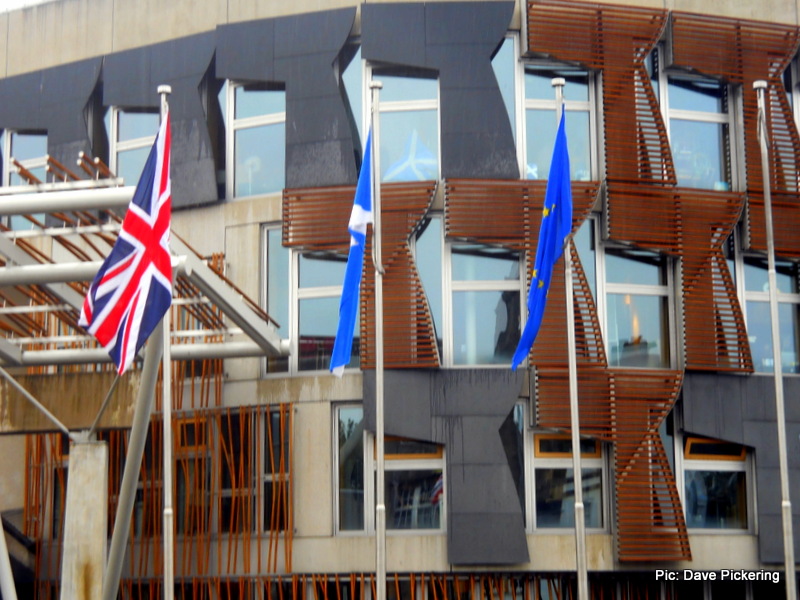
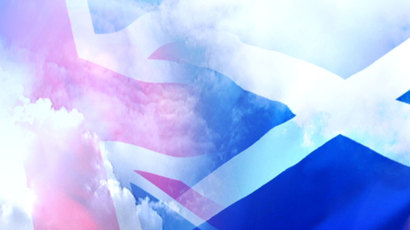 Two months from referendum day, two prominent Scottish writers have set out a personal case for Yes and No – and Allan Massie and William McIlvanney are to discuss their differing perspectives on independence at a special event marking 50 days until referendum day.
Two months from referendum day, two prominent Scottish writers have set out a personal case for Yes and No – and Allan Massie and William McIlvanney are to discuss their differing perspectives on independence at a special event marking 50 days until referendum day.

